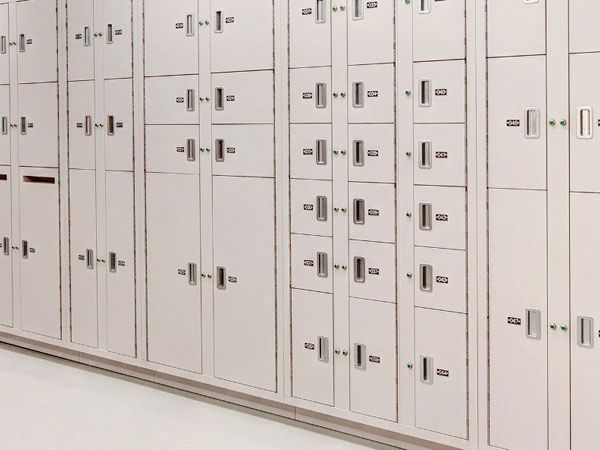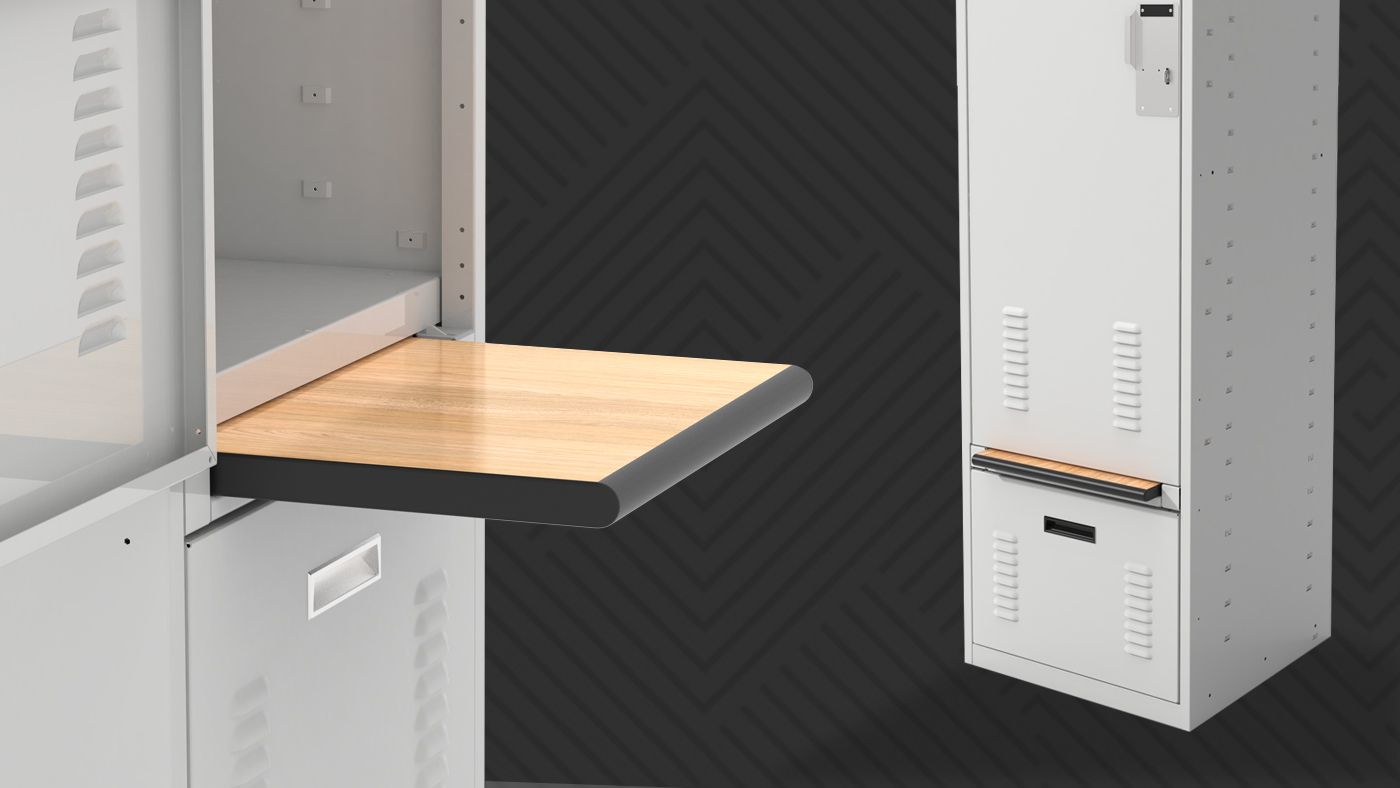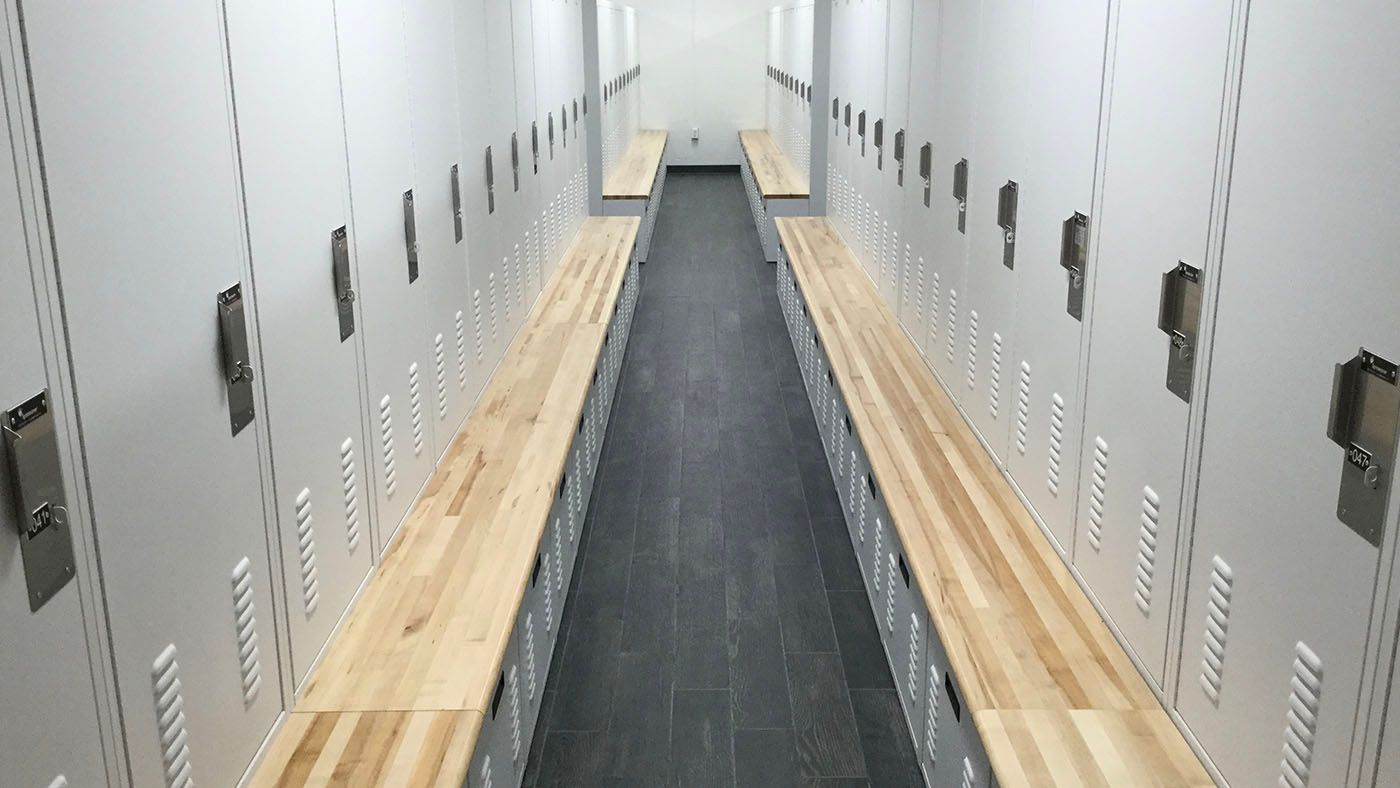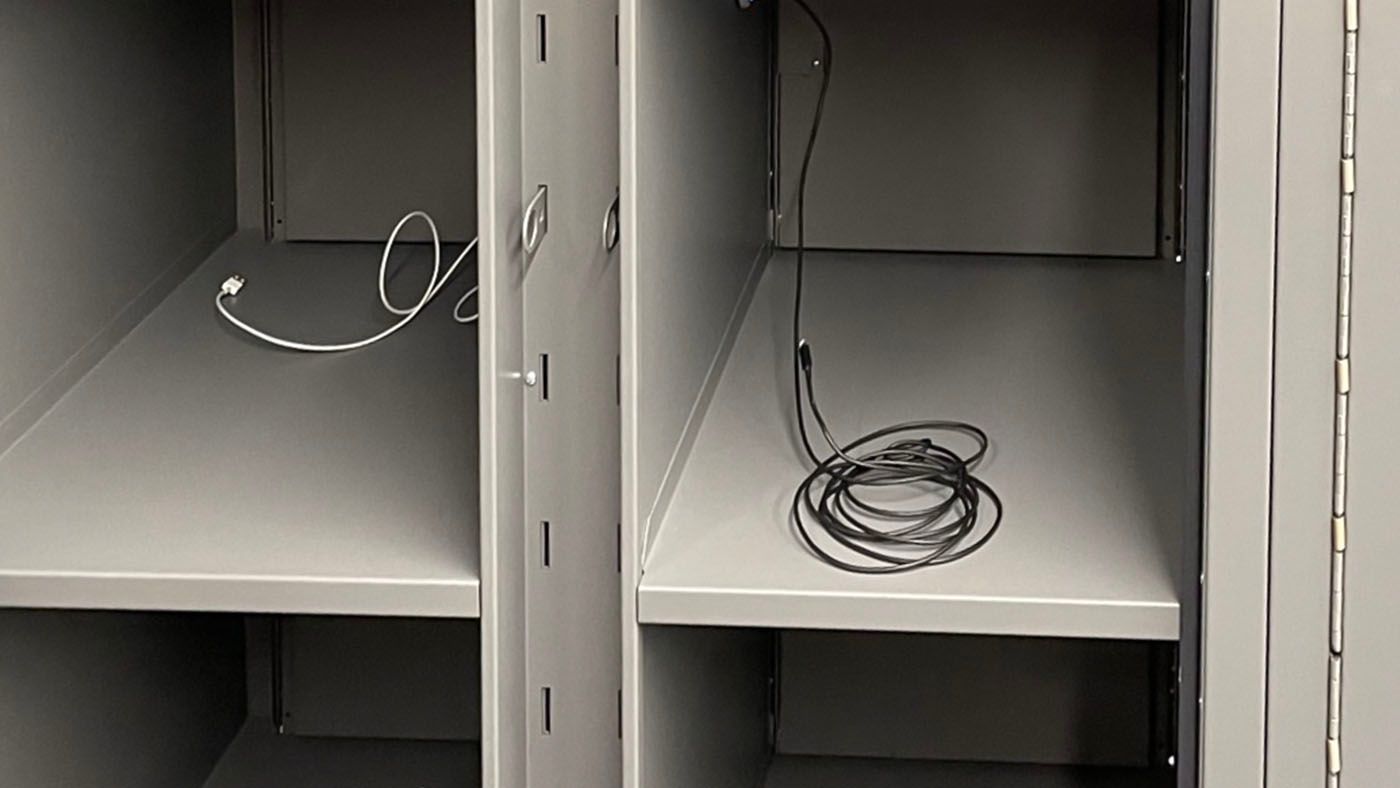Evidence Storage, Public Safety Storage Checklist
ControLoc® For Temporary Evidence Storage
Connect with the Experts
The Situation
Chances are your customers have some kind of locker system for officers to deposit packaged evidence to be processed and put into longer term storage elsewhere at your facility. But what do they do when your evidence technician notices a mistake in how an officer has labeled or packaged an item? Or what if an officer gets pulled away unexpectedly for an emergency and doesn’t have time to finish packaging and depositing evidence? Or a piece of evidence is being taken to court? These are some great questions to ask when helping a police department plan for evidence storage.
In many cases, police departments simply have padlocked lockers with separate keys or even just lockers marked with paper labels as “pass-back” lockers. Although these makeshift options work, it’s worth pointing out that they’re less than ideal for security, tracking the chain of custody, and ensuring nothing – including keys – gets lost in the process.
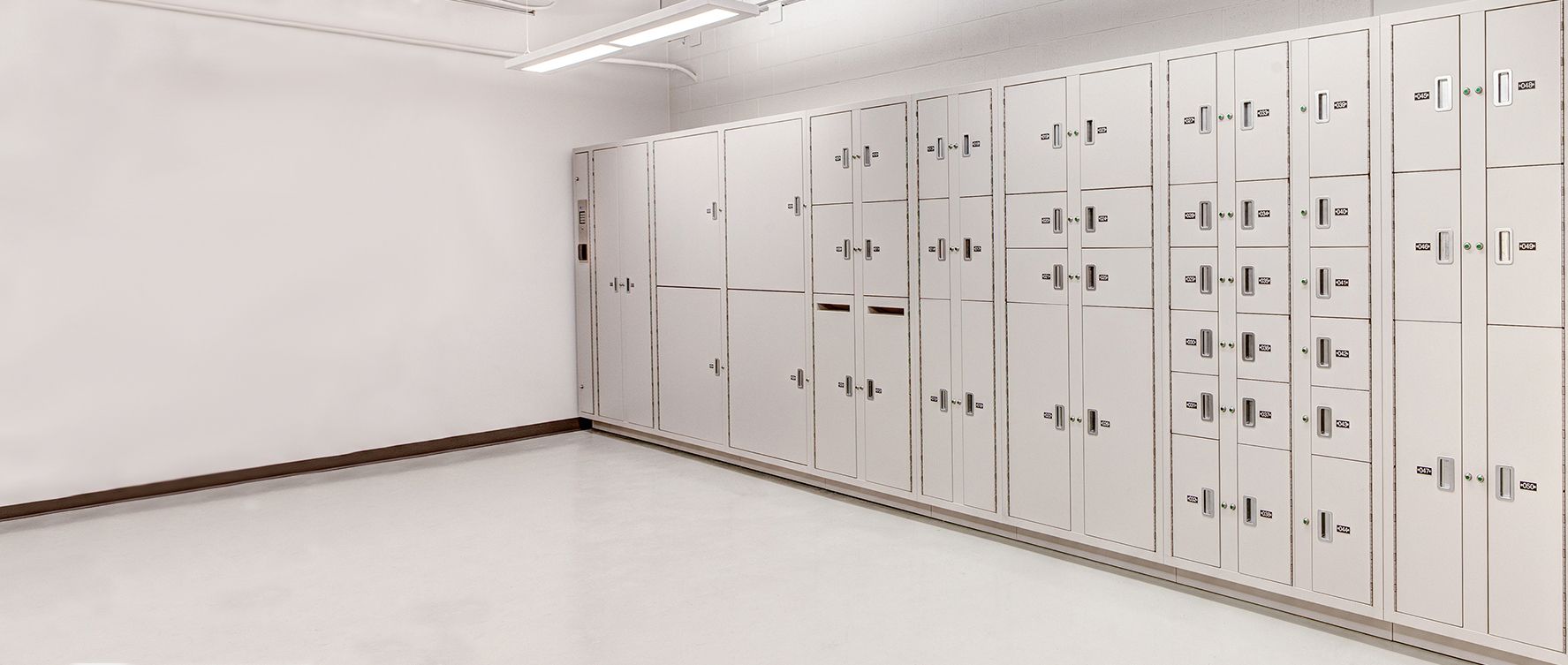
The Solution In Action
One great way around this tricky evidence pass-back situation is to use ControLoc® – a digital locking mechanism that allows officers to access lockers with personalized PIN codes or card scan. In a typical evidence storage system, an officer would enter their PIN, the available deposit lockers would light up green, and they’d deposit their evidence. But the system can be modified to accommodate pass-back evidence as well.
At Unified PD in Salt Lake City, we modified the ControLoc® software so evidence technicians could make temporary locker assignments to a specific officer. In this way, the evidence tech just has to place the item in a locker compartment, close it, and assign it to an officer in the software system. When that officer comes to pick up the pass-back item and enters their PIN code, they’re the only one who can access the compartment containing the item. Special crash lockers are identified with a magnet so that evidence can be dropped mid-processing for an officer to return to.
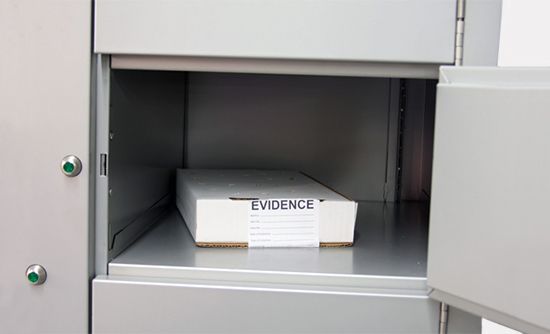
Yes this system comes at a cost – but not only does it create a digital audit trail with time and date stamp of where items were and what officers could access them, but also allows evidence techs to see how many lockers are in use at any given time. That means they know when it’s time to go empty the lockers without having to guess or waste time.
This remote tracking can be especially useful for police departments with multiple offices or precincts that have a central evidence storage warehouse, because evidence pick-up from each precinct can be timed out based on remote tracking of how full the lockers are at any given time.
